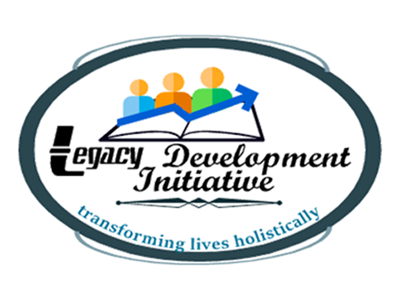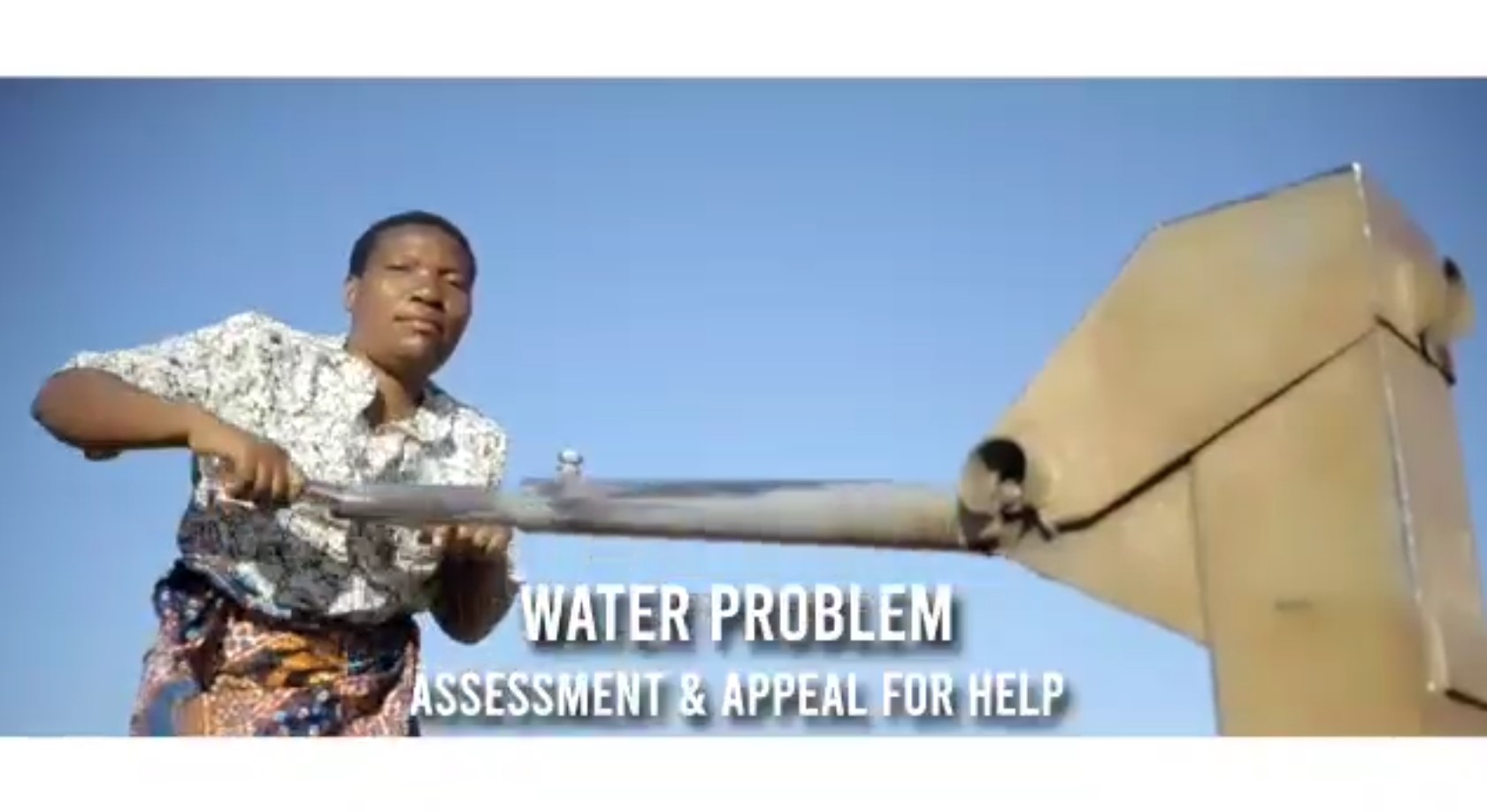
Borehole Drilling
Borehole drilling is a critical initiative that provides communities with access to clean and safe water.
This effort involves identifying optimal locations for drilling, utilizing modern technology to ensure efficient water extraction, and creating a sustainable water source that reduces the time and energy spent fetching water.
It significantly improves public health by minimizing reliance on contaminated water sources.
Natural Spring Protection
Protecting natural springs ensures that these vital water sources remain uncontaminated and reliable.
The programme focuses on constructing protective barriers, establishing controlled access, and implementing monitoring systems to prevent pollution.
By safeguarding these natural resources, communities can continue to depend on them for drinking, cooking, and agricultural purposes.
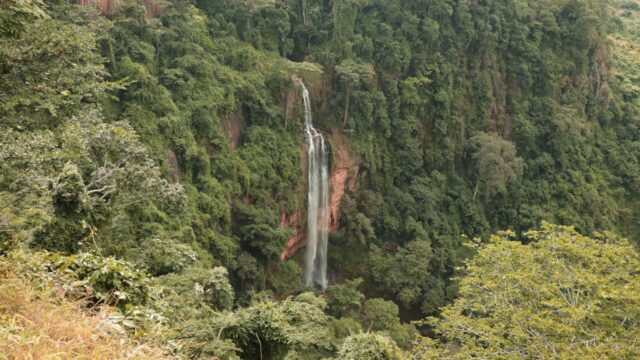
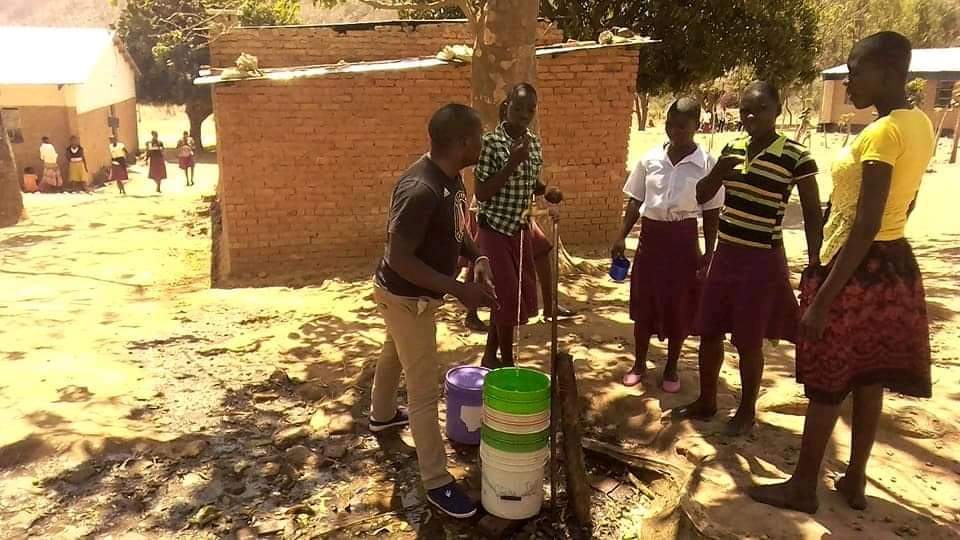
Rehabilitation of Gravity Water Systems
The rehabilitation of gravity water systems aims to restore and enhance the functionality of existing water supply networks.
This involves repairing damaged channels, optimizing water flow, and ensuring that the systems are resilient to seasonal changes.
By revitalizing these systems, the programme ensures a consistent and sustainable water supply to rural and underserved areas.
Construction of Disability Friendly Latrines in Schools and Homes
Constructing disability friendly latrines is an essential step in promoting inclusive sanitation.
The initiative involves designing and building latrines that are accessible to people with disabilities, ensuring privacy, safety, and ease of use.
These facilities help promote hygiene, dignity, and equal access to sanitation in both educational institutions and residential areas.
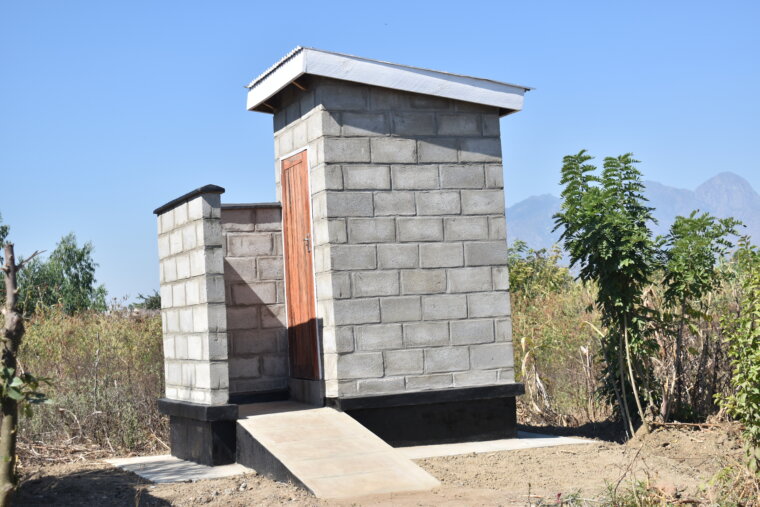
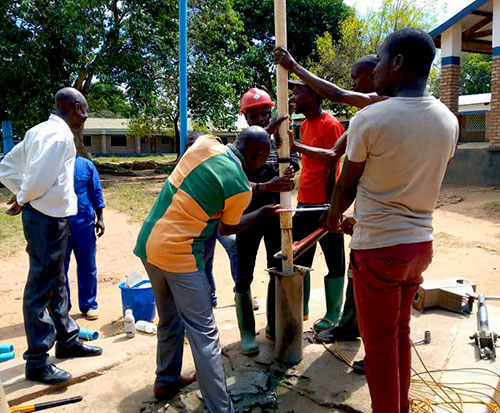
Repair of Broken Boreholes
Timely repair of broken boreholes is crucial to maintain the continuity of water supply services.
This component of the programme focuses on identifying malfunctioning boreholes, carrying out necessary repairs, and implementing maintenance protocols.
The rapid response to breakdowns minimizes water scarcity and ensures that communities continue to have reliable access to clean water.
Promoting Community-Based Management of Water Facilities
Encouraging community-based management of water facilities empowers local stakeholders to take ownership of their water resources.
This approach includes training community members in the maintenance and operation of water systems, establishing management committees, and promoting transparency.
By fostering local responsibility, the programme ensures that water facilities are well-managed, sustainable, and responsive to community needs.
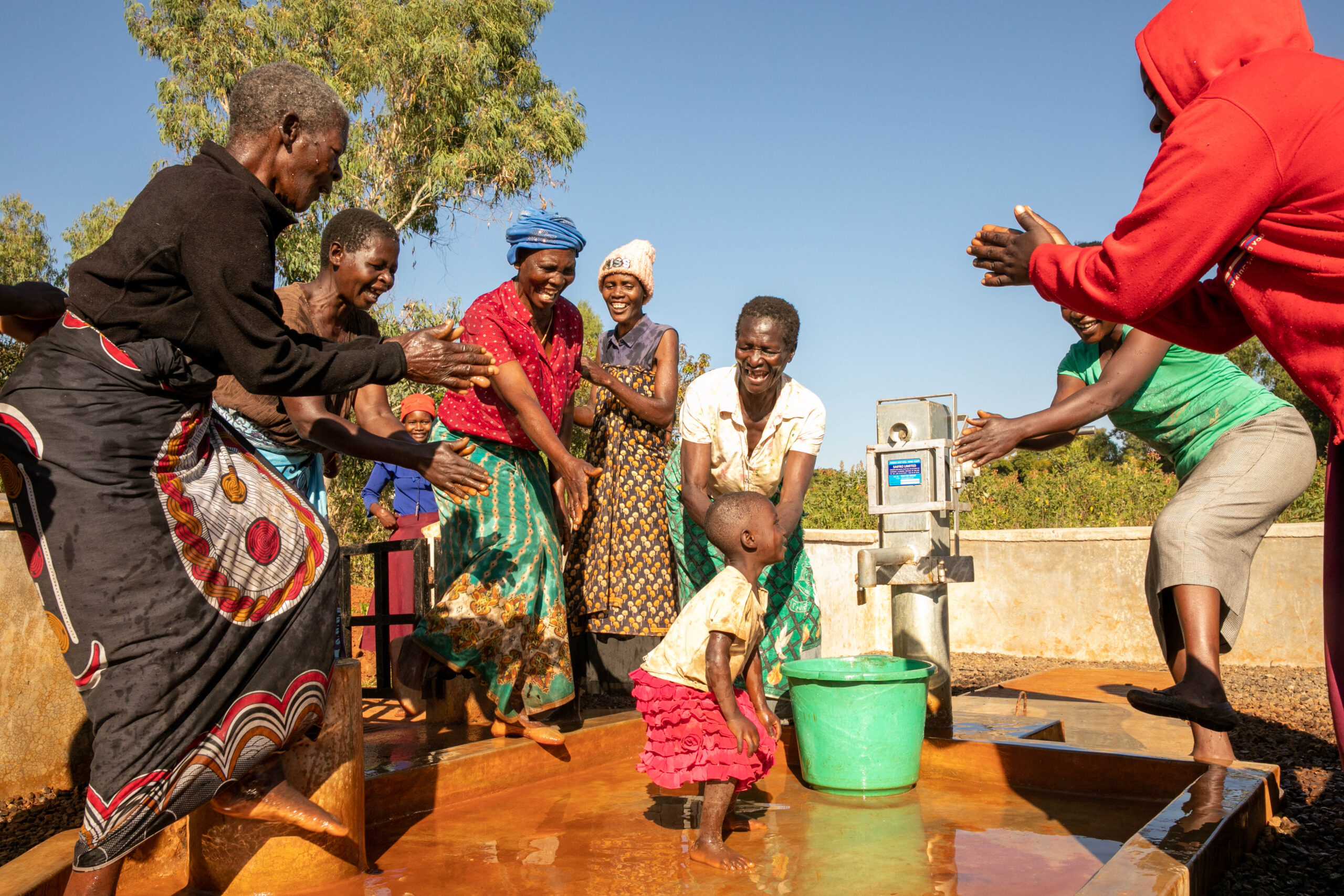
ACHIEVEMENTS
- Installed 1.5 miles of piping from an existing storage tank to the Science and Technology School called Chinunkha Community Day Secondary School in Chitipa district of northern Malawi. This water source allowed the building of a 12-stall bathhouse and latrines for the female students that live on campus. Their bathing area had been reeds tied to a wire-like fence.
- Repaired 200 broken boreholes (wells) and built the capacity of water point committees in Chitipa, Karonga and Rumphi districts to proactively mobilize sources for repair and sustainability of their water facilities.
